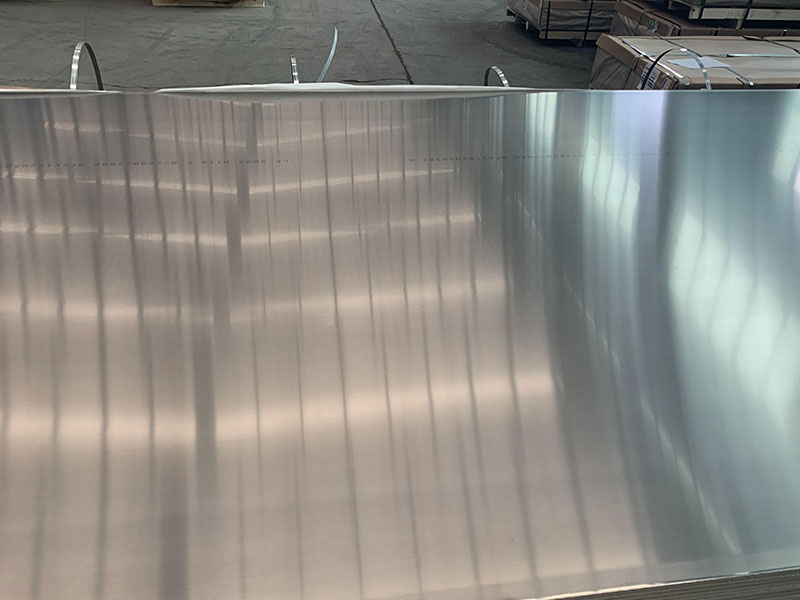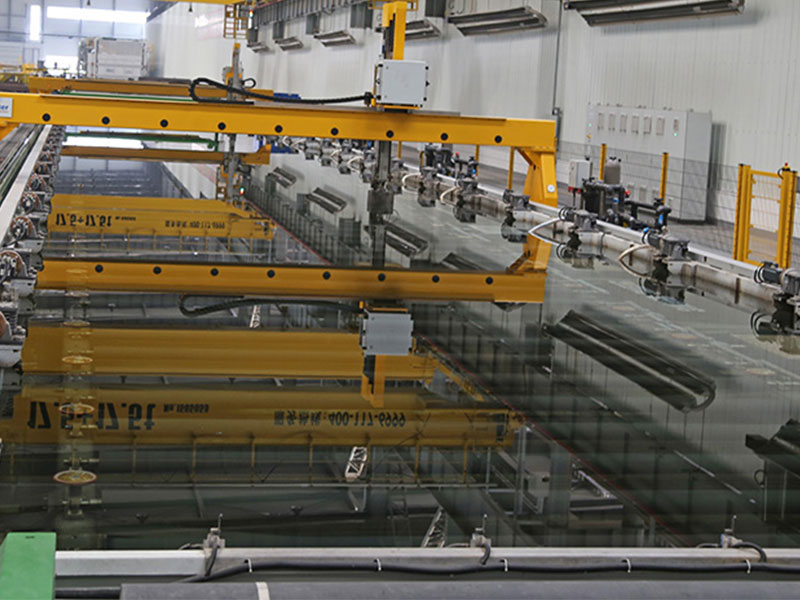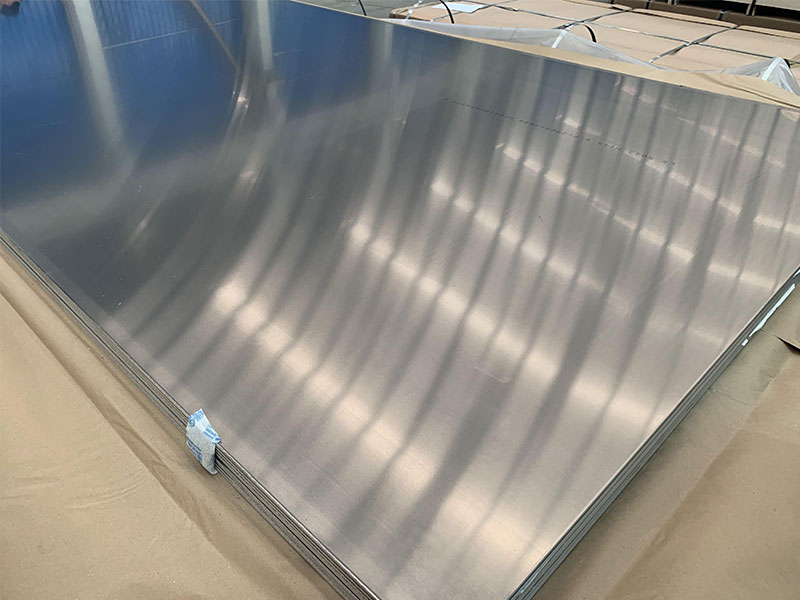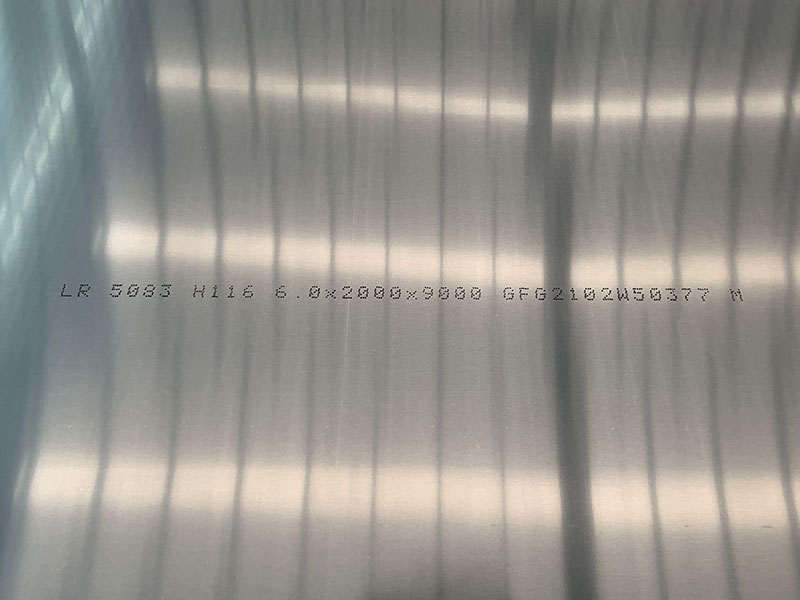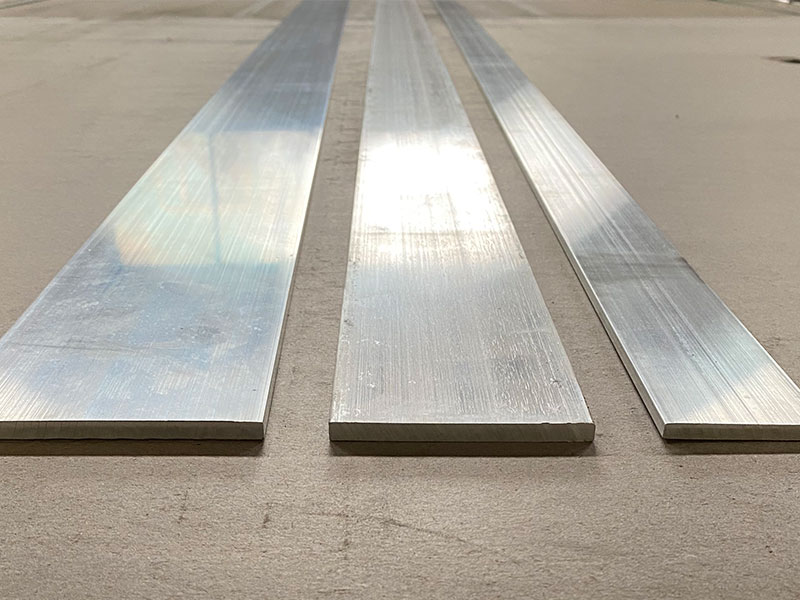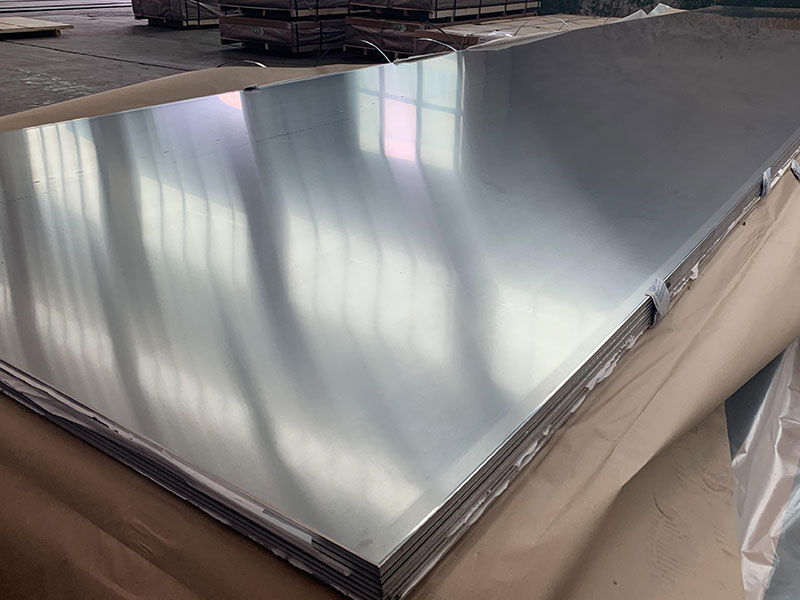Aluminium Marine Plate - AA 5083
When one thinks of modern marine engineering, it’s surprisingly easy to overlook the materials that form the backbone of most vessels. Among these, AA 5083 aluminum alloy stands out, quietly revolutionizing the marine industry while demanding recognition for its unique qualities. AA 5083 not only embodies strength and alloy integrity; it also majorly contributes to design innovations aboard many ships, yachts, and working vessels.
The Science Behind the Alloy
Composition and Properties
| Chemical Composition (%) | Element | Acceptable Range |
|---|---|---|
| Mg | 4.0 - 4.9 | |
| Mn | 0.4 - 1.0 | |
| Cr | 0.05 - 0.25 | |
| Zn | ≤ 0.25 | |
| Si | ≤ 0.4 | |
| Fe | ≤ 0.4 |
Mechanical Properties:
- Yield Strength: 240 MPa
- Ultimate Tensile Strength: 300 MPa
- Elongation at Break: 10% (Minimum)
Tempering and Implementation Standards
AA 5083 is generally supplied in different tempers: H32, H116, and H111. These tempering methods enhance specific mechanical properties while providing optimal performance for various applications:
- H32: Offers good weldability while maintaining moderate strength. Commonly used in ALE (aluminum-lithium) designs.
- H116: Enhanced stress corrosion properties make it suitable for critical marine applications.
- H111: Best recognized for its gentle processing during manufacturing, ensuring tough yet formable plates for hulls.
Compliance with various standards such as the ASTM B928 and industry specifications ensures that the Aluminum Marine Plate stays up to par with global benchmarks for quality and performance.
Navigating Through Trade-offs
Navigating through the world’s unpredictable and often unforgiving oceans, the true advantages of AA 5083 emerge clearly. With its low density, it doesn't merely enhance speed due to its weight efficiency, but also substantially contributes to fuel efficiency in a marine fleet where every ounce matters.
Another essential aspect to consider is corrosion resistance. When confronting seawater's corrosive nature, AA 5083 continues to triumph, thanks in large part to its magnesium content. Vessels constructed from this alloy typically exhibit lower rates of degradation and rework, ultimately resulting in lowered operational costs.
Sustainable Considerations
In an era when sustainable practices command growing attention within engineering and design, Alobummies's low energy footprint during fabrication further complements its ecological portfolio. Aluminum can be infinitely recycled, turning the unassuming scrap metal into fresh resources, while minimizing landfill waste. This circular lifecycle is a chief contributor to why designers and engineers worldwide are opting for AA 5083.
https://www.aluminumplate.net/a/aluminium-marine-plate-aa-5083.html


